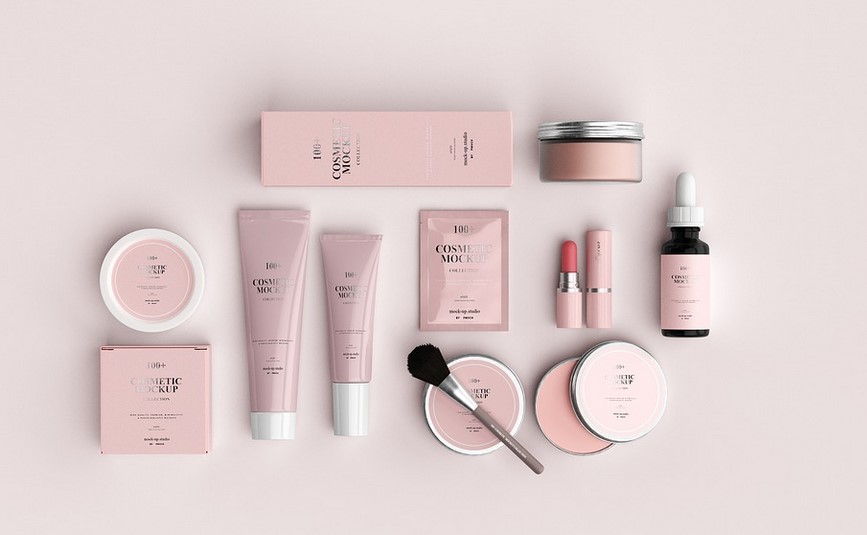Introduction
Sleep apnea is a common condition that affects millions of people worldwide. It is characterized by episodes of interrupted breathing during sleep, which can lead to daytime fatigue, headaches, and other health problems. While there are many treatments for sleep apnea, some people prefer to use natural remedies such as essential oils. In this article, we will explore the benefits of essential oils for sleep apnea and how they can help you get a good night’s rest.
What are Essential Oils?
Essential oils are concentrated plant extracts that are used for their therapeutic properties. They are extracted from different parts of plants such as flowers, leaves, and roots. Essential oils are known for their ability to promote relaxation, relieve stress, and improve sleep quality. There are many different types of essential oils, each with its unique properties and benefits.
How Essential Oils can Help with Sleep Apnea
Essential oils can be used in many different ways to help with sleep apnea. They can be diffused into the air, applied topically, or used in a warm bath. Some essential oils are known for their ability to promote relaxation and reduce stress, which can help to improve sleep quality. Others have anti-inflammatory properties that can help to reduce inflammation in the airways, making it easier to breathe during sleep.
Best Essential Oils for Sleep Apnea
There are many different essential oils that can be used to help with sleep apnea. Some of the most popular include lavender, chamomile, peppermint, eucalyptus, and frankincense. Lavender is known for its calming properties, while chamomile is a natural sedative. Peppermint and eucalyptus have anti-inflammatory properties that can help to reduce swelling in the airways, making it easier to breathe. Frankincense is known for its ability to promote relaxation and reduce stress.
How to Use Essential Oils for Sleep Apnea
There are many different ways to use essential oils for sleep apnea. One of the most popular methods is to diffuse them into the air using a diffuser. You can also add a few drops of essential oil to a warm bath or apply them topically to the skin. When using essential oils topically, it is important to dilute them with a carrier oil such as coconut oil or jojoba oil to avoid skin irritation.
Precautions when Using Essential Oils
While essential oils are generally safe to use, there are some precautions that you should take. First, it is important to use high-quality essential oils from reputable sources. Second, some essential oils can cause skin irritation or allergic reactions, so it is important to do a patch test before using them. Third, essential oils should not be ingested, as they can be toxic if taken internally.
Conclusion
Essential oils are a natural and effective way to help with sleep apnea. They can promote relaxation, reduce stress, and improve sleep quality. If you are struggling with sleep apnea, consider adding essential oils to your bedtime routine. With the right essential oils and proper precautions, you can enjoy a good night’s rest and wake up feeling refreshed and rejuvenated.

